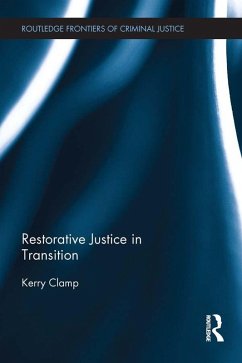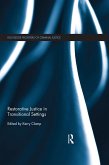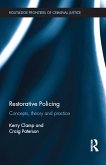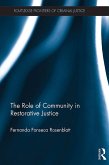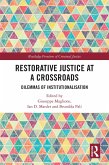This book interrogates both macro and micro utilisations of restorative justice, including truth commissions, criminal justice reform and the development of initiatives by communities and other non-state actors. The central premise is that the primary potential of restorative justice in responding to international crime should be viewed in terms of the lessons that it provides for problem-solving, rather than its traditional role as a mechanism or process to respond to conflict. Four values are put forward that should frame any restorative approach - engagement, empowerment, reintegration and transformation. It is thought that these values provide enough space for local actors to devise their own culturally relevant processes to achieve longstanding peace.
This book will be of interest to those conducting research in the fields of restorative justice, transitional justice as well as criminology in general.
Dieser Download kann aus rechtlichen Gründen nur mit Rechnungsadresse in A, B, BG, CY, CZ, D, DK, EW, E, FIN, F, GR, HR, H, IRL, I, LT, L, LR, M, NL, PL, P, R, S, SLO, SK ausgeliefert werden.

